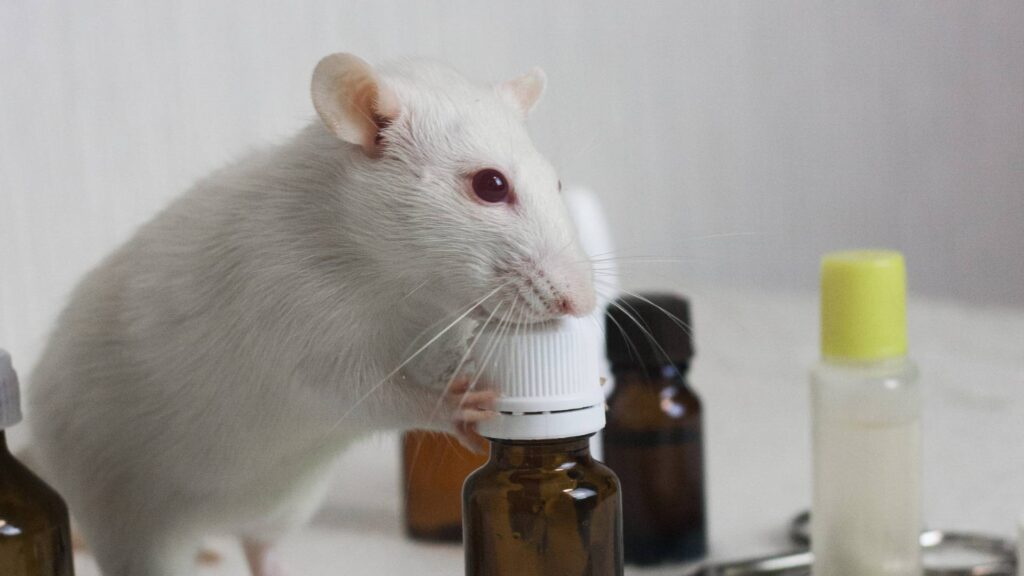Table Of Content
ToggleStruggling with a rodent problem can feel like you’re stuck in a never-ending game of cat and mouse, except it’s not nearly as amusing.
As a seasoned pest control expert, I’ve seen firsthand the frustration and damage these critters can cause. But fret not, for there’s a light at the end of the tunnel—or should I say, a solution at the end of the trap.
In this comprehensive guide, we’ll explore what rat poison works best, diving into various types, offering safety tips, and guiding you to choose the most effective solution to keep your home rodent-free.
Rat poison, or rodenticide, comes in various forms, each designed to tackle your rodent problem with ruthless efficiency. Here are the top contenders:
Achieve a Clean, Safe Home: Call Us for Rodent Removal!

Secure Your Space: Our Rodent Control Solutions Await!

As a pest control aficionado, I can assure you that with the right knowledge and tools, you can tackle your rat problem head-on and come out victorious.
Remember, the best rat poison is one that not only effectively eliminates the rodents but also aligns with your safety concerns and ethical considerations. By understanding the different types of poisons available and how to use them responsibly, you’re already on the path to a rodent-free home.
Fast-acting poisons, such as Bromethalin or Brodifacoum, can kill rats quickly. These compounds target the nervous system or cause internal bleeding, leading to rapid death.
Rats may not die from poison due to bait shyness, resistance, or insufficient dosage. Bait shyness or genetic resistance makes some poisons less effective.
Protect Your Home from Rodents: Contact Our Experts Now!
Potent anticoagulants like Brodifacoum and neurotoxins like Bromethalin are effective venoms against rats. Choose based on safety and environmental impact.
Your trusted pest control experts in Southern California. Keeping your neighborhood pest-free!